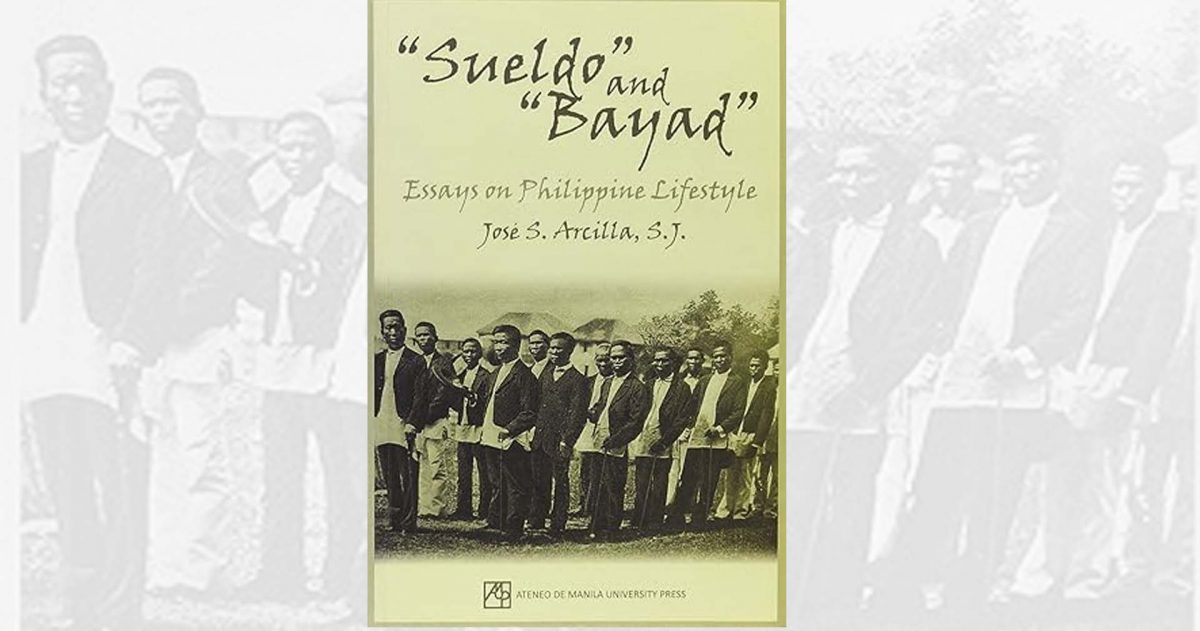It is well-known that the Chinese in the Philippines, especially the older generation, are easy victims of extortion by corrupt government officials. However, not many realize that this phenomenon is actually rooted from Spanish colonial rulers hundreds of years ago.
Extortion of the Chinese is in fact a tradition started by the Spanish officials. The “timid and cowardly” characteristics for which the Chinese were known made them vulnerable to victimization.
In an article by Fr. Jose S. Arcilla S.J., “Slavery, Flogging and Other Moral Cases in Seventeenth-Century Philippines,” which appeared in his book, Sueldo and Bayad (Ateneo de Manila University Press, 2008), he wrote a vivid description about how the Spanish officials extorted sums of money from the Chinese during their annual Chinese new year festivities. It is worthwhile for us to take note and know.
To wit:
“On the other hand, the Chinese, described by one moralist as ‘naturally timid and cowardly,’ were easy victims of extortionists in and around the various Parians in Manila. Following an ancient Chinese custom, the Spanish authorities in Manila permitted the Chinese to gamble for five days during their annual festival. Certain moderate fees were collected, out of which were paid the salaries of the officials and constable who supervised the games. Governor Diego Fajardo (1644-1653) decreed that the income from gambling fees and licenses was for the maintenance of the fortifications. The Chinese, however, were soon made to pay, not only the usual moderate fees, but also handsome tips to the city officials when Chinese festival came around. At one time, these reached the staggering sum of ‘more than P8,000 collected in the name of fees; a good part of this is deposited in the royal treasury, while the rest is shared among the various officials.’
“There were other underhanded deals. The most obvious and the easiest was to extend the gambling period to eight or 10 days. Sometimes other authorities in the Parian ‘put up other petates (the name given to the gambling table of the Chinese) of their own besides those licensed by the government, and obliged some Chinese either with threats or with blandishments to take charge.’
“It was not unusual for the Chinese around Manila to be forced to go to the Parian during the Chinese festival ‘on the behest of the local magistrate in order to make sure that there were gamblers from whom one could impose so much as a fee.’ However, Filipino and Chinese officials themselves were part of the system, ‘in order to fill their quota from the gambling licenses collected from every Chinese even if he does not gamble.’
“And more subtle form is described in this report:
‘The alcalde mayor of the Parian used to invite the Chinese to a dinner in his residence, during which he offered only chocolate and buyo to his guests. All the Chinese who had accepted the invitation offer him money, each one according to what he wants… and sometimes it happens that the Chinese themselves insist and beg the alcalde or some other magistrate of justice of the Parian, so that he might invite them to a similar affair later… [for] the Chinese, in order that they might be allowed to gamble during their festival, offer a sum of pesos.’”
We are sure that many people (not just the Chinese) can relate to this phenomenon in recent times. They are vulnerable to extortion because of their illegal activities in the first place.
First published in Tulay Fortnightly, Chinese-Filipino Digest, May 5, 2009 issue.
